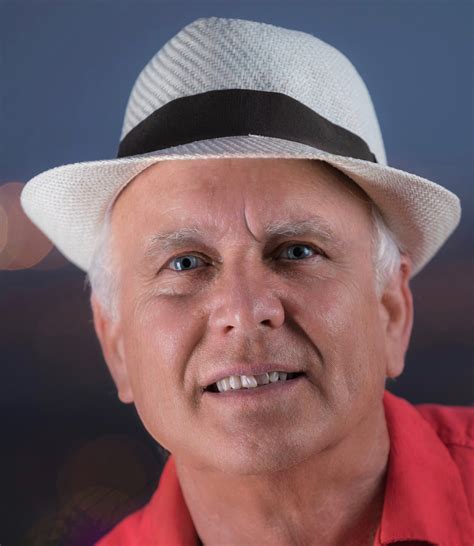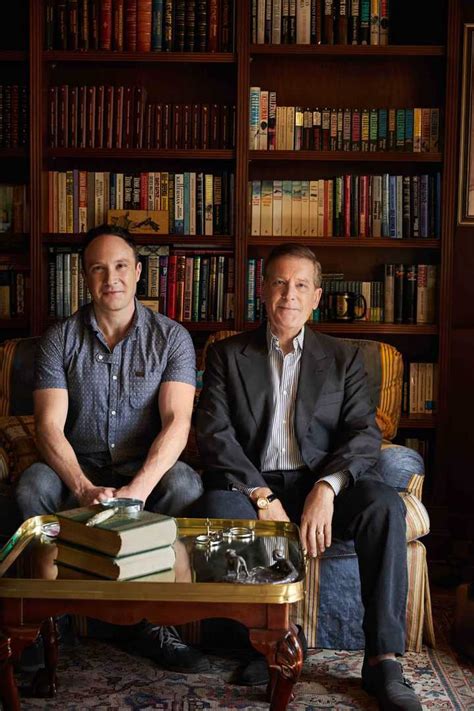A Quote by Frederic Bastiat
Since no individual acting separately can lawfully use force to destroy the rights of others, does it not logically follow that the same principle also applies to the common force that is nothing more than the organized combination of the individual forces?
Related Quotes
If every person has the right to defend - even by force - his person, his liberty, and his property, then it follows that a group of men have the right to organize and support a common force to protect these rights constantly. Thus, since an individual cannot lawfully use force against the person, liberty, or property of another individual, then the common force - for the same reason - cannot lawfully be used to destroy the person, liberty, or property of individuals or groups.
The libertarian approach is a very symmetrical one: the non-aggression principle does not rule out force, but only the initiation of force. In other words, you are permitted to use force only in response to some else's use of force. If they do not use force you may not use force yourself. There is a symmetry here: force for force, but no force if no force was used.
The fact that the majority wants something good does not give them the right to use force on the minority that don't want to pay for it. If you have to use a gun, it's not really a very good idea. Democracy without respect for individual rights sucks. It's just ganging up on the weird kid, and I'm always the weird kid.
At times some people use force or fraud to take from others without willful, voluntary consent. Normally, the initiation of force to take life is murder, to take liberty is slavery, and to take property is theft. It is the same whether these actions are done by one person acting alone, by the many acting against a few, or even by officials with fine hats and titles.
Any group or "collective," large or small, is only a number of individuals. A group can have no rights other than the rights of its individual members. In a free society, the "rights" of any group are derived from the rights of its members through their voluntary individual choice and contractual agreement, and are merely the application of these individual rights to a specific undertaking... A group, as such, has no rights.
There are only individual people, different individual people, with their own individual lives. Using one of these people for the benefit of others uses him and benefits the others. Nothing more. What happens is that something is done to him for the sake of others. Talk of an overall social good covers this up.
Human life in common is only made possible when a majority comes together which is stronger than any separate individual and which remains united against all separate individuals. The power of this community is then set up as right in opposition to the power of the individual, which is condemned as brute force.
The right to the city is far more than the individual liberty to access urban resources: it is a right to change ourselves by changing the city. It is, moreover, a common rather than an individual right since this transformation inevitably depends upon the exercise of a collective power to reshape the processes of urbanization. The freedom to make and remake our cities and ourselves is, I want to argue, one of the most precious yet most neglected of our human rights.
America’s founding ideal was the principle of individual rights. Nothing more-and nothing less. The rest-everything that America achieved, everything she became, everything 'noble and just,' and heroic, and great, and unprecedented in human history-was the logical consequence of fidelity to that one principle.
Crime novels have a clear beginning, middle, and end: a mystery, its investigation, and its resolution. The reader expects events to play out logically and efficiently, and these expectations force the writer to spend a good deal of time working on macrostructure rather than prettifying individual sentences.

































